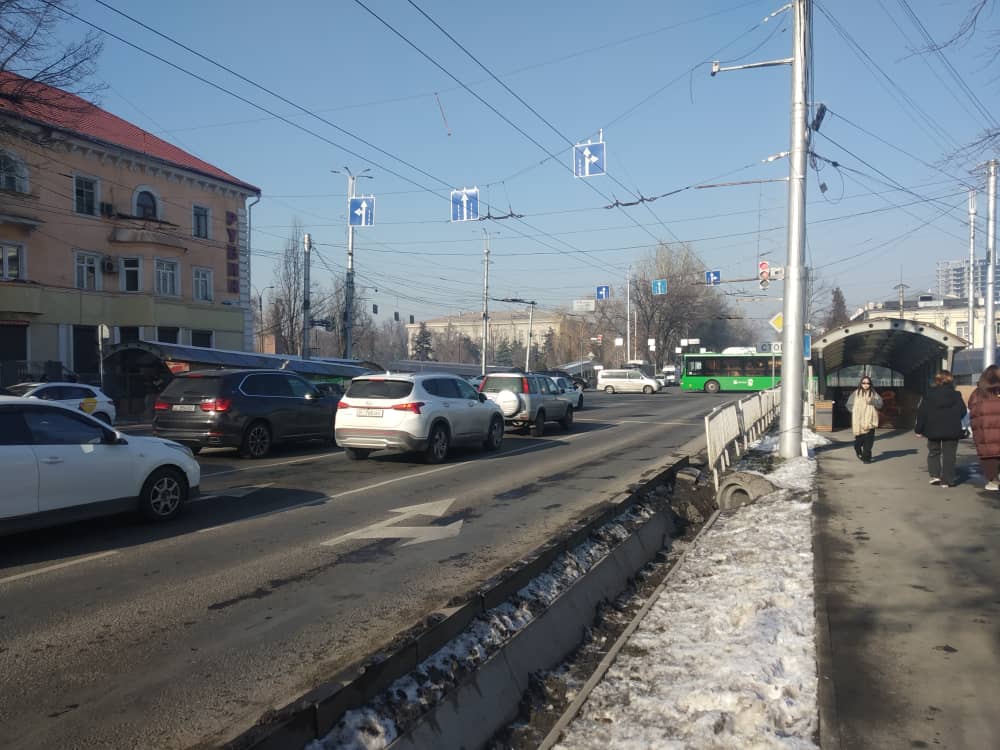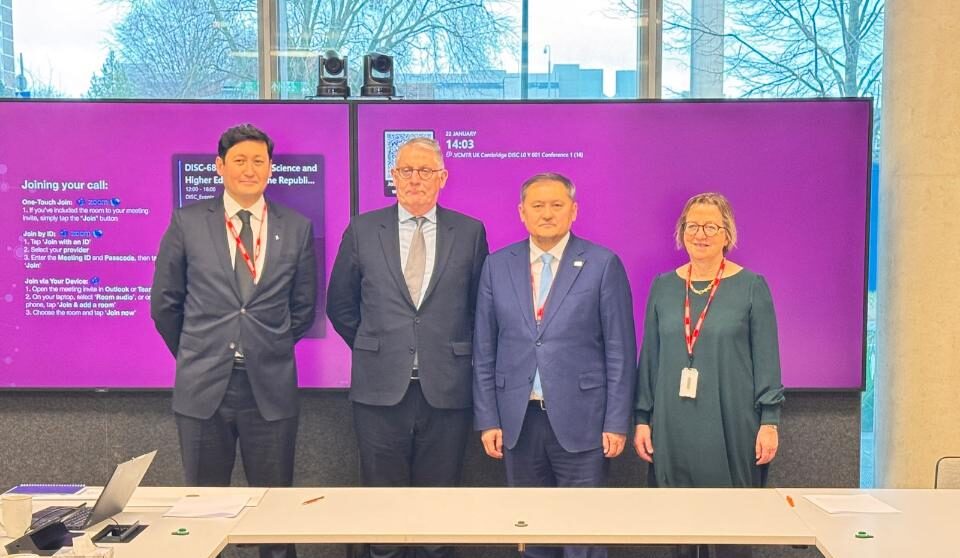Kyrgyzstan and China to Launch Direct Flight Between Osh and Kashgar
A new air route connecting Osh, Kyrgyzstan’s second-largest city, with Kashgar in China’s Xinjiang Uyghur Autonomous Region is expected to launch in April, according to a statement from Airports of Kyrgyzstan JSC. The announcement follows a meeting held on January 30 with the Commercial Aircraft Corporation of China (COMAC). The new flight is intended to enhance transport connectivity between the two neighboring countries, deepen bilateral trade and economic ties, and promote tourism and cultural exchange. The route is expected to be operated by Chengdu Airlines, a COMAC-affiliated carrier, using COMAC’s C919 aircraft, China’s first domestically developed short-to-medium-range turbofan jet, which can accommodate up to 97 passengers. Osh already has an existing air link to Xinjiang. In November 2025, China Southern Airlines resumed flights between Osh and Urumqi, the region's capital. Xinjiang serves as a strategic gateway to China for Kyrgyzstan, and Kashgar is the departure point for the China-Kyrgyzstan-Uzbekistan (CKU) railway, an ambitious regional infrastructure project aimed at connecting China with Central Asia, the Middle East, and Europe. The 523-kilometer railway will run from Kashgar to Andijan, Uzbekistan, passing through Kyrgyzstan via Torugart, Makmal, and Jalal-Abad. Construction on the CKU railway officially began on December 27, 2024, in Kyrgyzstan’s Jalal-Abad region. New transport links by air and rail are expected to further boost trade between Kyrgyzstan and China. According to Chinese Ambassador to Kyrgyzstan Liu Jiangping, bilateral trade reached a record $27.2 billion in 2025, up 20% from the previous year.
9 hours ago






